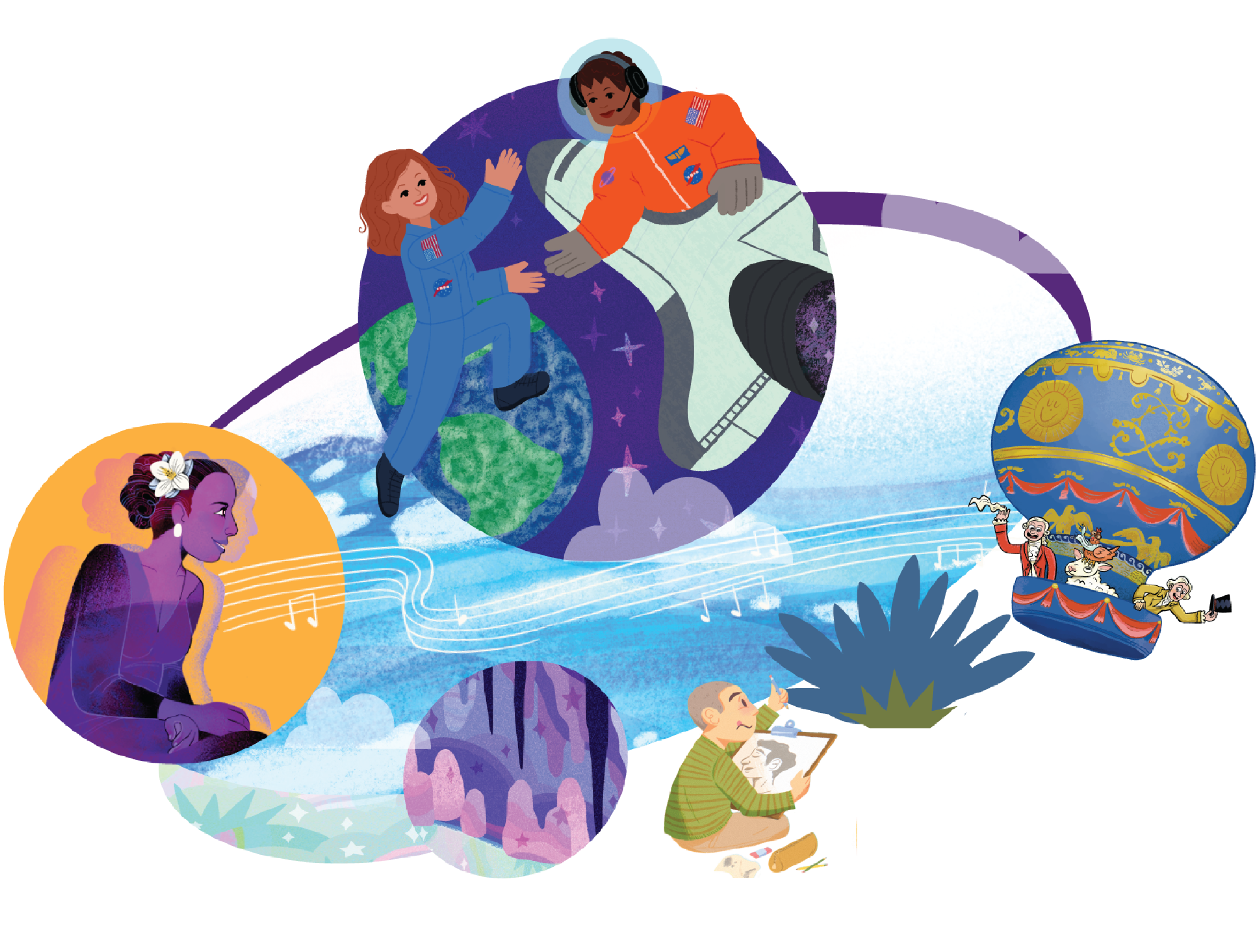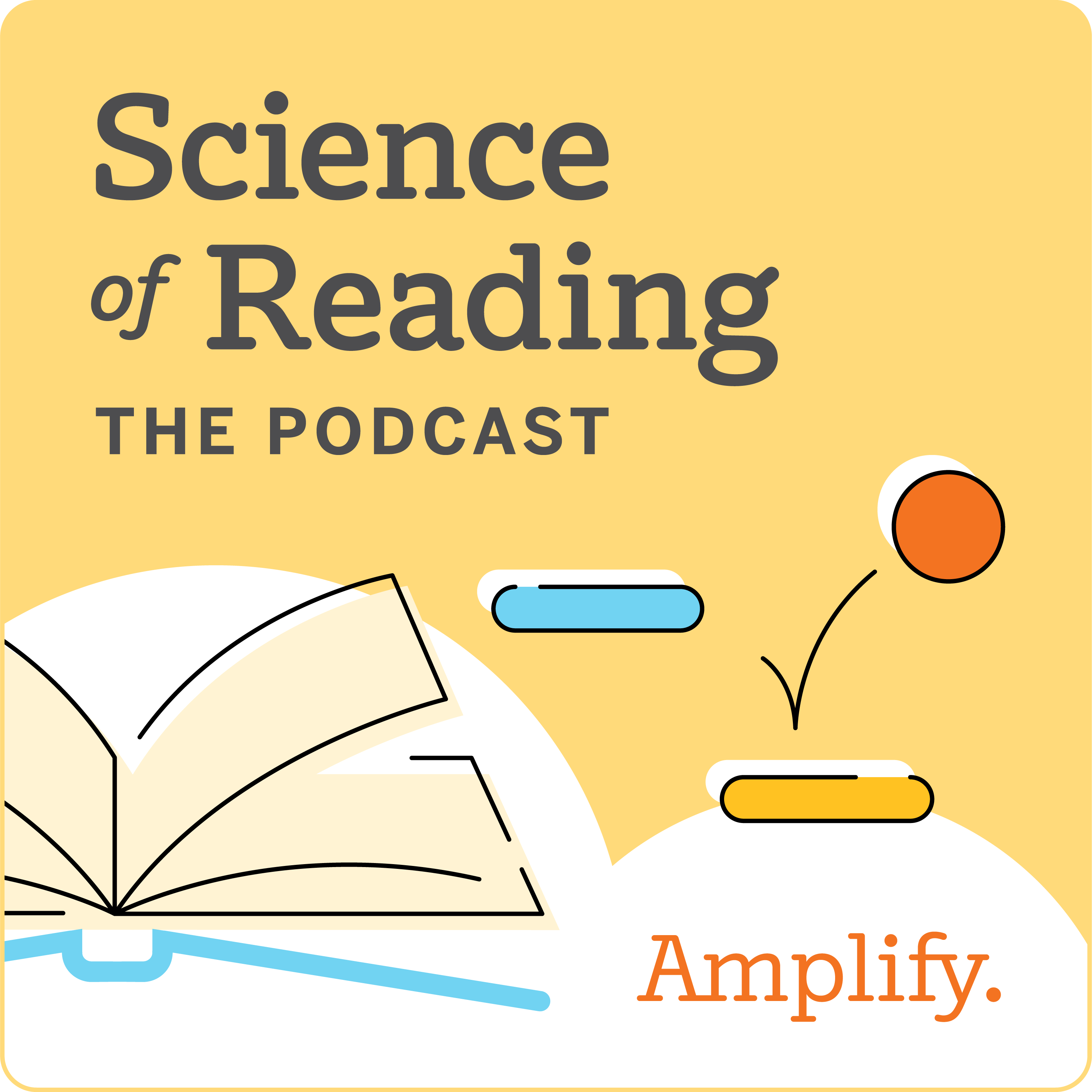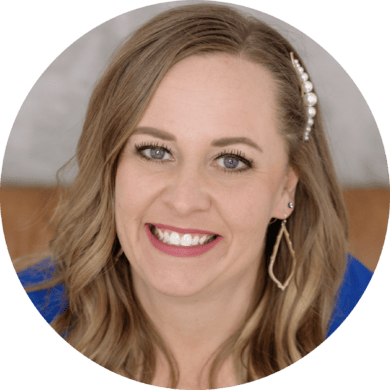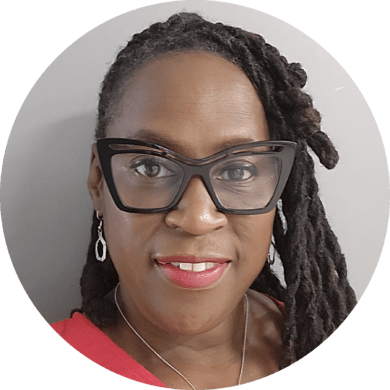Achieve life-changing results with the
Science of Reading—we’ll show you how.
Watching students learn to read is magic. But knowing how they get there? That’s science.
Making the shift to the Science of Reading is commendable, but it is no small feat. Our extensive experience, field-tested resources, and stories of literacy success will help you deliver the true transformation you need in your district—and see the results your students deserve.
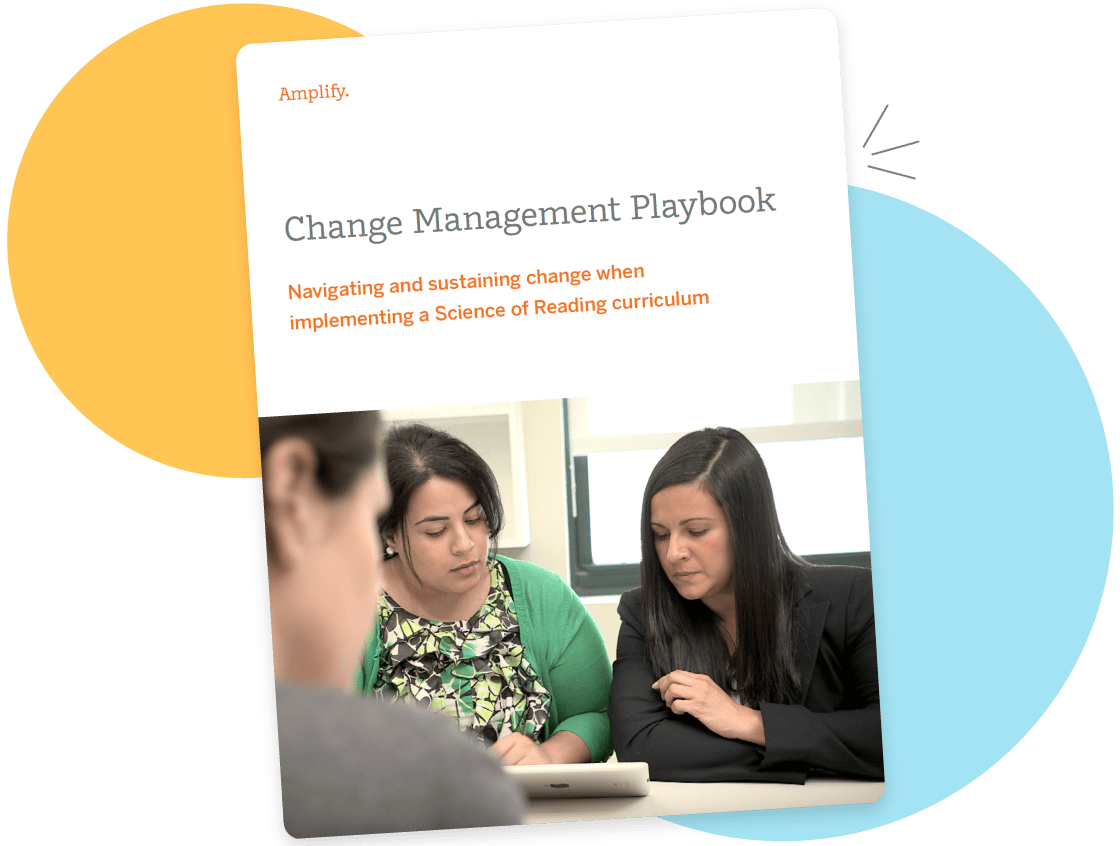
The science of teaching reading, coupled with the art of change management
Shifting to the Science of Reading isn’t just an overnight curriculum swap—it’s a profound culture change with multiple stages and stakeholders. We’ve helped educators succeed in that shift for years, and now we’re here to guide you every step of the way. Through each stage of implementation, our Change Management Playbook will help you mobilize your practice, process, and people to make the shift that matters most.
Download the playbook
What is the Science of Reading?
Learning to read is not innate, but it can be taught—and science tells us how. The Science of Reading refers to the vast body of growing research that deconstructs how children learn to read, and the instructional practices that can get them there.
Reading fluency requires a complex combination of skills, taught explicitly and systematically. There are two main frameworks that can help us break it all down: The Simple View of Reading and Scarborough’s Rope.
Learn more
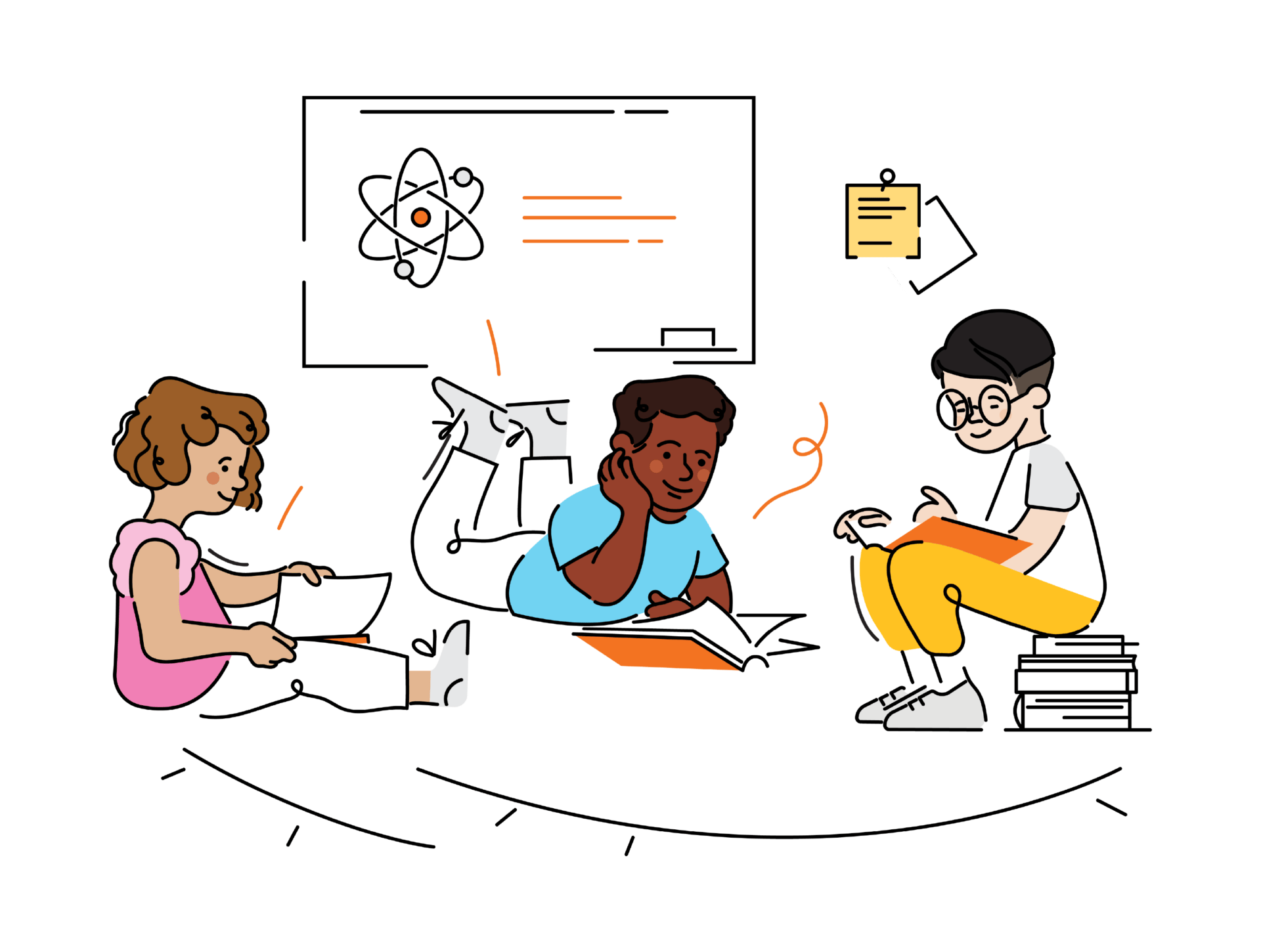
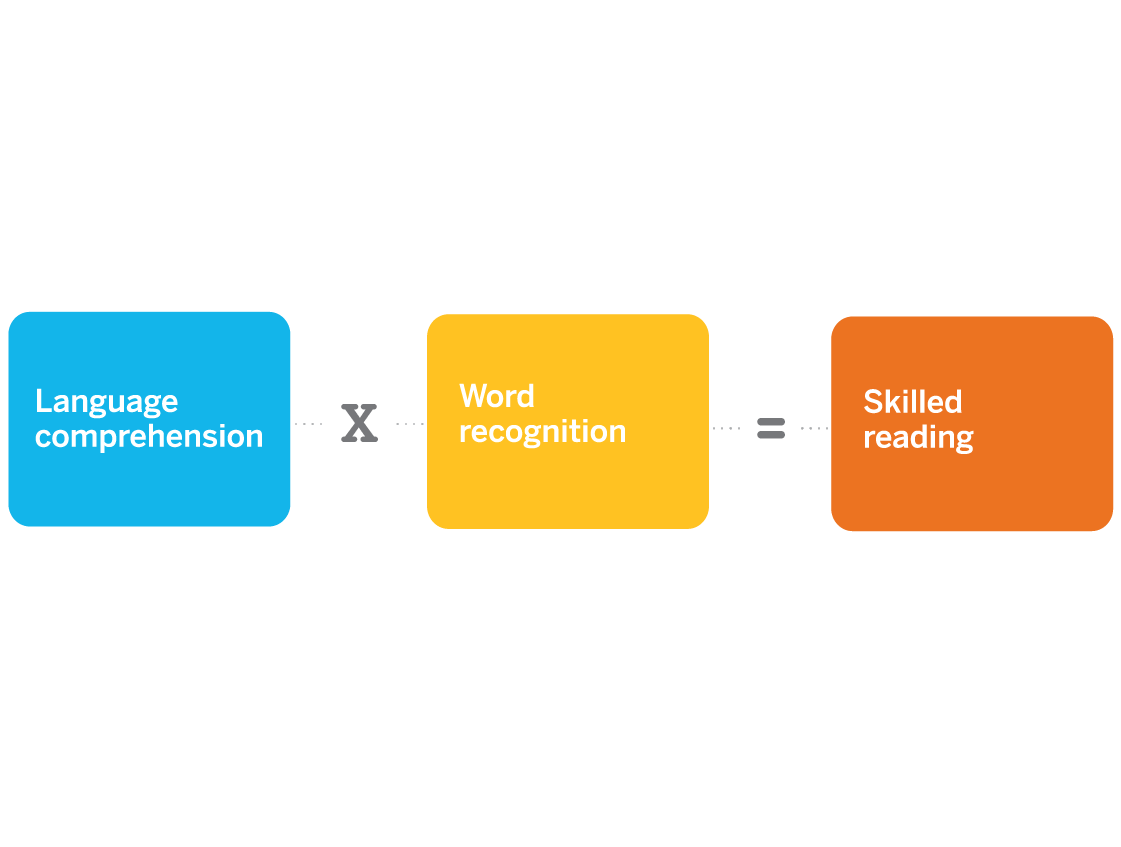
The Simple View of Reading
The Simple View of Reading, formulated by Philip Gough and William Tunmer in 1986, is the theory that proficient reading requires two main components:
- Converting written words into speech, otherwise known as decoding.
- Understanding that speech, otherwise known as reading comprehension.
The Reading Rope
Scarborough’s Reading Rope, developed by Dr. Hollis Scarborough in 2001, helps us visualize the strands of specific skills and instruction that support students in decoding and comprehension.
Read more

From research to results: Professional development to support your shift to the Science of Reading
—
Learn everything you need to know about Science of Reading instruction with Susan Lambert, chief academic officer for Amplify and host of Science of Reading: The Podcast. Dive into eight transformative modules, unlocking literacy insights and supercharging your teaching journey. Enjoy 20–25 hours of self-paced learning on an easy to navigate online platform, accessible around the clock with 12 months of access!
Enroll for just $65 per seat in our course. This special price is only valid until Sept. 1, 2024! Don’t miss this unique opportunity to steer your professional journey toward success.
The best investment is in knowledge, and the returns are priceless. |
||
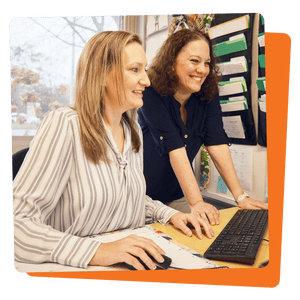 |
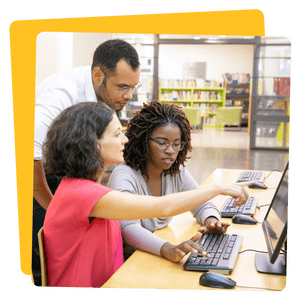 |
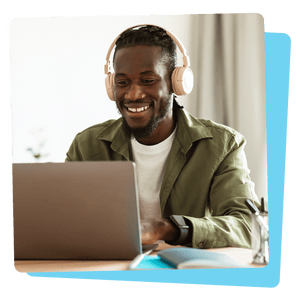 |
|
Get an exclusive preview of the new “Foundations to the Science of Reading” online course. |
Bring this Science of Reading learning opportunity to your school or district (multiple licenses). |
Tap into individual “Foundations to the Science of Reading” online course seats. |
Build your background knowledge of the Science of Reading.
—
Our Science of Reading principles and primers explain the essentials: what the Science of Reading is, how it works, and why it matters for every student.

Science of Reading guiding principles
Decades of research—and seven key principles—make the case for the Science of Reading. Use these principles to guide your shift to evidence-based literacy instruction, and see real results in student performance.
Download principles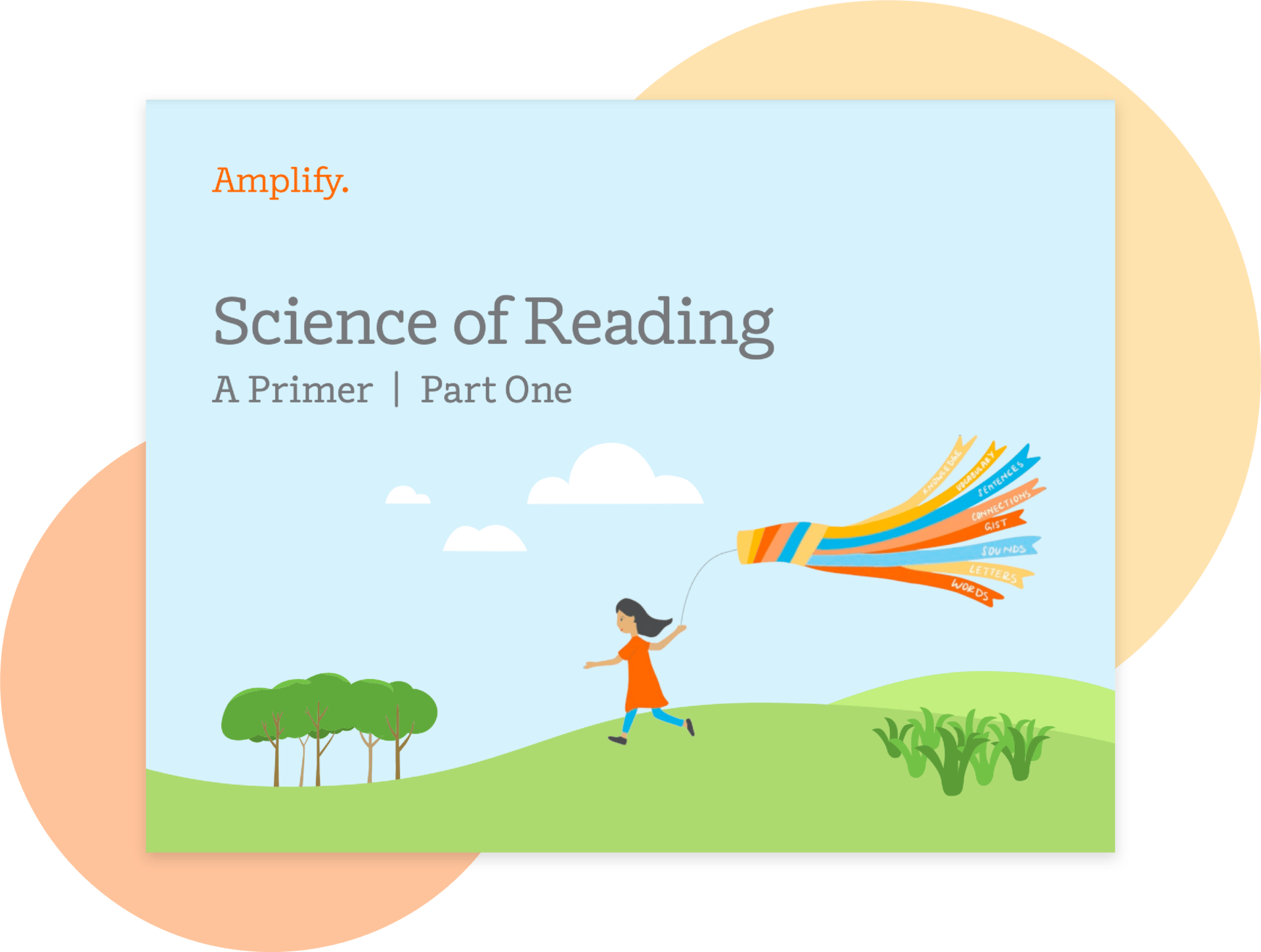
Science of Reading
A Primer: Part 1
In part 1 of our definitive Science of Reading primer, we discuss literacy as a societal goal, walk you through how the brain learns to decode and comprehend text, and present the patterns that top-performing schools and districts follow to achieve early reading success.
Download primer 1
Science of Reading
A Primer: Part 2
In part 2 of our Science of Reading primer, we establish the importance of prior knowledge for comprehension, lay out the process of micro-comprehension, and demonstrate how literacy skills build on and accelerate themselves.
Download primer 2Why undertake this crucial change?
—
When we bring proven methods based on the Science of Reading into schools, we make sure kids are learning to read and help teachers and caregivers support a culture of reading. Together, we can solve the reading crisis and make literacy a reality everywhere.
You'll change lives with literacy.
According to the National Assessment of Educational Progress (NAEP), only 35% of fourth graders in the United States are proficient in reading. But schools using a Science of Reading approach have seen significant improvements in literacy rates. Using research-based methods, educators can help give all children the chance to become successful readers.
See the NAEP’s national report card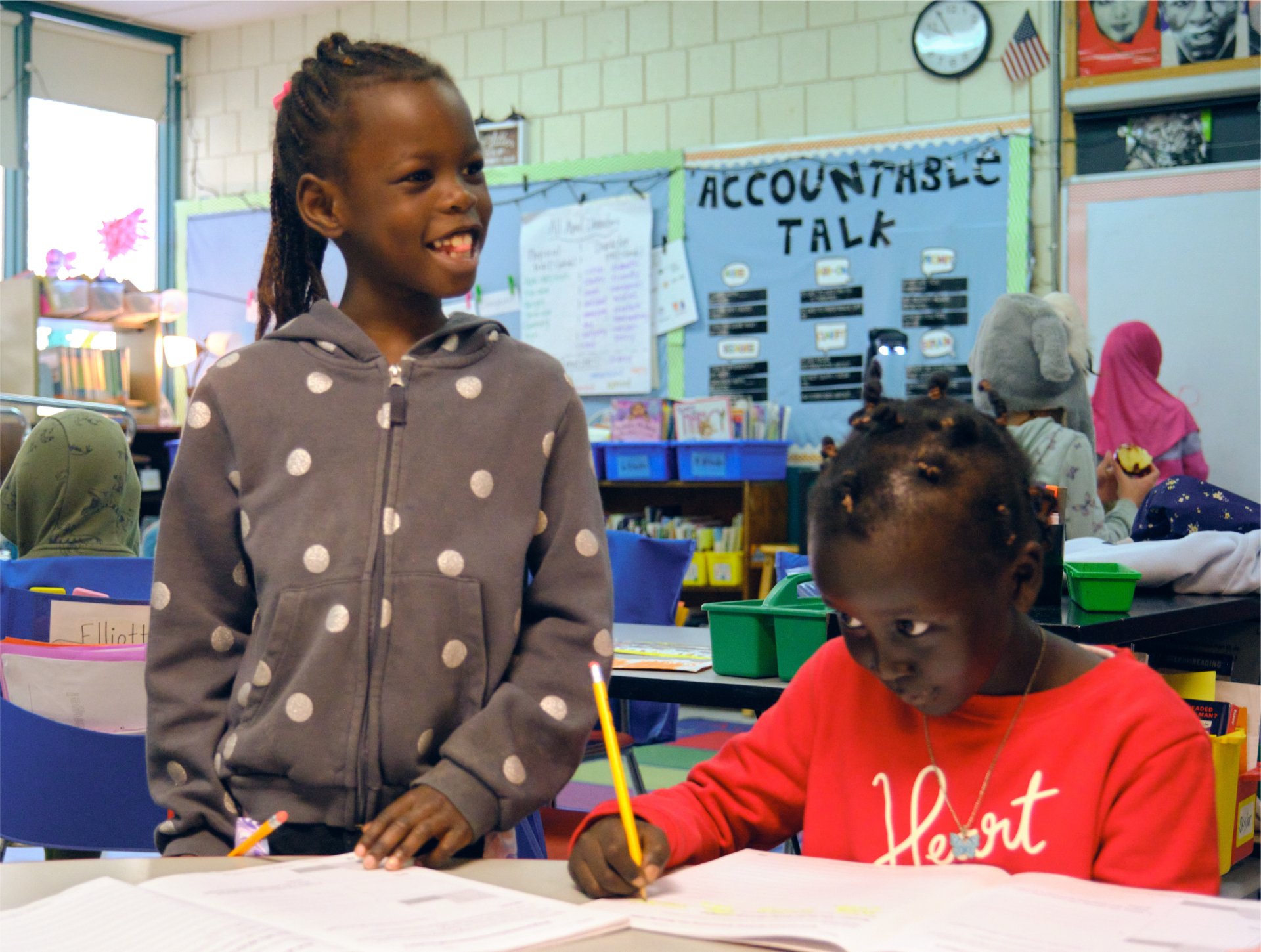
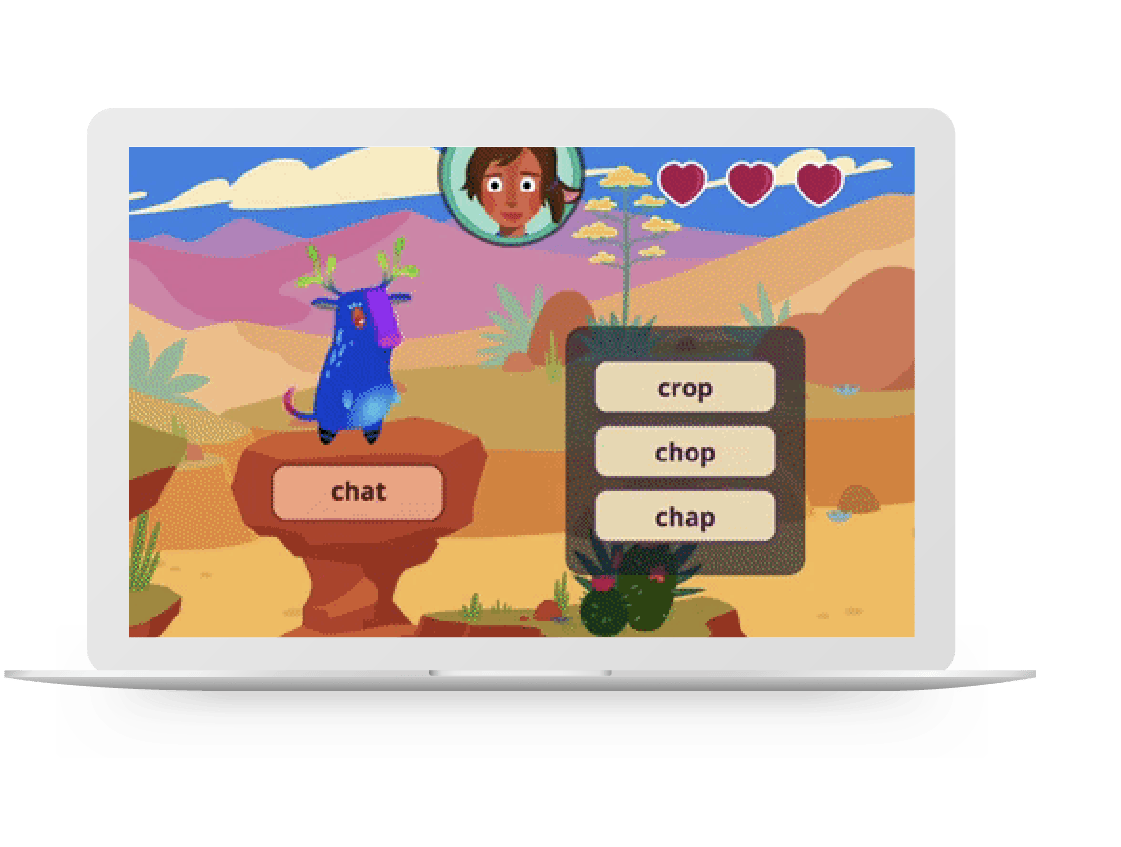
You'll build a foundation with explicit, systematic skills instruction.
Reading skills don’t come naturally. We actually need to rewire our brains with intentional, structured literacy instruction—starting with sounds.
Read more in this research studyYou'll improve outcomes with knowledge building.
Longitudinal research shows that knowledge building doesn’t just happen as a result of reading, but is also a vital prerequisite for and component of it. And when delivered intentionally and systematically, knowledge delivers literacy results.
Read the research